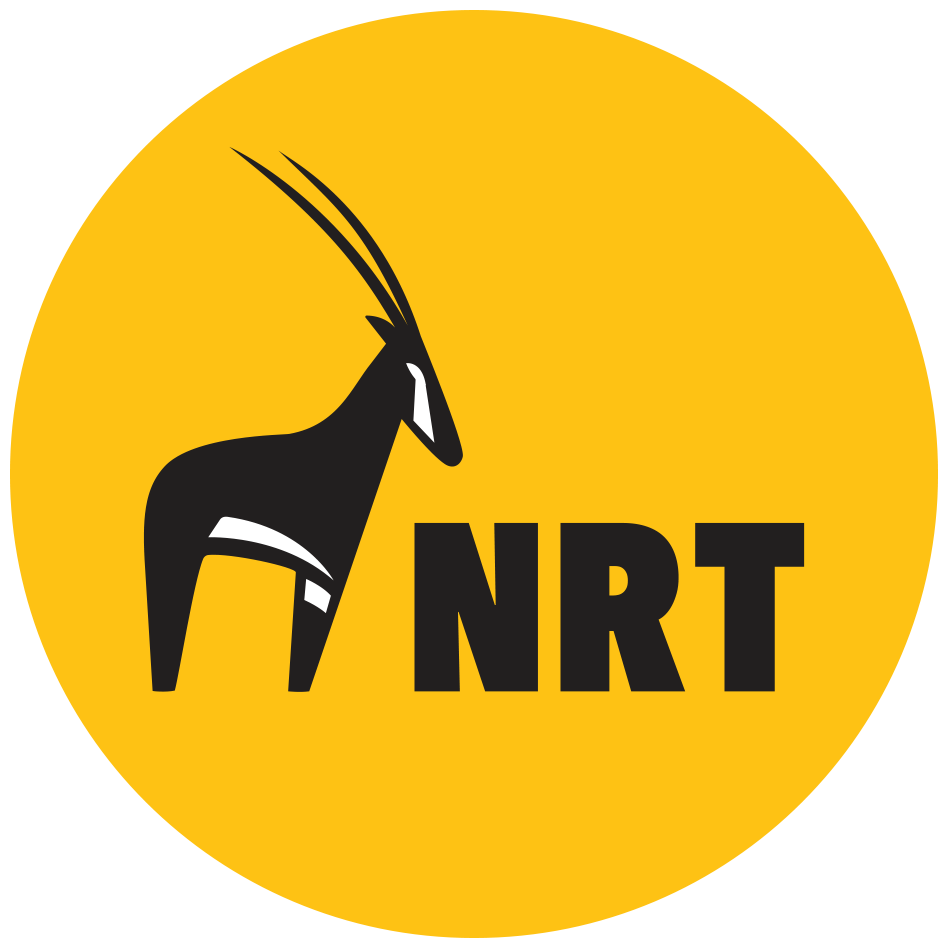From Firewood to Fermentation - Biogas Project Launched in Conservancies
For more than 25 years, Rose Atown has been using firewood and charcoal as her only source of energy for cooking.
Rose, a 49-year-old mother-of-10 from Archers Post, Samburu County, is among hundreds of women for whom cutting and collecting firewood is a regular, time consuming chore. With one sack of charcoal costing Ksh. 1,000 (USD 10), and barely lasting her family a month, Rose used to rely on firewood to make her charcoal last longer, walking approximately 10 kilometres every few days in search of wood to cut. Until recently, it was all she’d ever known, and the only choice she had.
According to data from the 2019 Kenya Population and Housing Census (KPHC), Rose is one of the 73% of Samburu County residents who rely on firewood, and one of the 55% of all Kenyans who report using firewood for cooking. This figure is 11.6% for charcoal.
Kenya’s forests are under immense pressure from fuelwood demand and agricultural expansion. But as well as threatening forest ecosystems and releasing carbon into the atmosphere, cooking with firewood has been shown to be one of the leading causes of respiratory infections in those that use it.
“The chocking smoke of firewood affects my family and it always takes long time to prepare a meal,” says Rose. Not to mention, she adds, that her children are frequently late for school because of how long it takes to get breakfast going for 10 mouths.
But in February, a pilot project was launched under the IMARA Program Consortium that aims to reduce pressure on shrinking forest habitats from charcoal and firewood harvesting by using what pastoralists have plenty of - cattle dung!
Rose’s family was among 30 households in four NRT member conservancies that received biogas units, which break down (ferment) organic matter in an anaerobic environment (absent of oxygen) and release a blend of gases that can be lit and used for cooking.
Green Gas
The pilot project aims to reduce reliance on wood fuel, and targeted Kalama, Nakuprat-Gotu, Nannapa and Nalewuon conservancies in Isiolo and Samburu counties. All have all said that their member households rely heavily on charcoal and firewood, leading to deforestation and land degradation, which impacts wildlife and pastoral livelihoods alike.
Each family received a portable 2.5 cubic metre biogas digester, into which they put organic matter such as animal dung and food scraps, on a regular basis.
Once the animal manure (cow-dung) and water is fed on the biogas digester, the bacteria breaks down the raw materials. When biogas is produced, a balloon inflates on the digester, and methane gas is piped out of it for cooking.
Affordable Gas
Each biogas digester cost Ksh.30,000 (USD 300), and were donated to the conservancies in order for them to start a revolving fund from the household repayment plans. Each household will be required to pay Ksh. 1,125 (USD 11.25) - a little over the cost of a bag of charcoal - to their respective conservancies every month to create a revolving fund that will enable the purchase of more biogas units to benefit other conservancy members.
“Installing biogas units for our communities means we’re helping reduce over reliance on the shrinking forest cover, hence enhancing environment conservation,” says NRT’s Clean Energy Project lead Sammy Leseita. “Biogas is sustainable, easier to maintain, ferments faster due to the hot weather and is clean to the environment.”
Rose has now become a biogas champion, inviting her friends around to show them the system and raise awareness about the damaging impacts of firewood.
“It’s really great,” says Rose, “it cooks faster, it is not bad for my health or the environment, and I have more time for other things now I’m not collecting firewood. The best part is that once I’ve paid off my biogas, it’s free forever!”
“We are looking at expanding to the next phase of 100 units based on the lessons we learnt in the pilot,” says Sammy. “Our target is to install 200 biogas systems in the next two years.”
This project is being led by the conservancies with support from NRT, and funding from the Embassy of Sweden in Nairobi under the IMARA Program Consortium.







